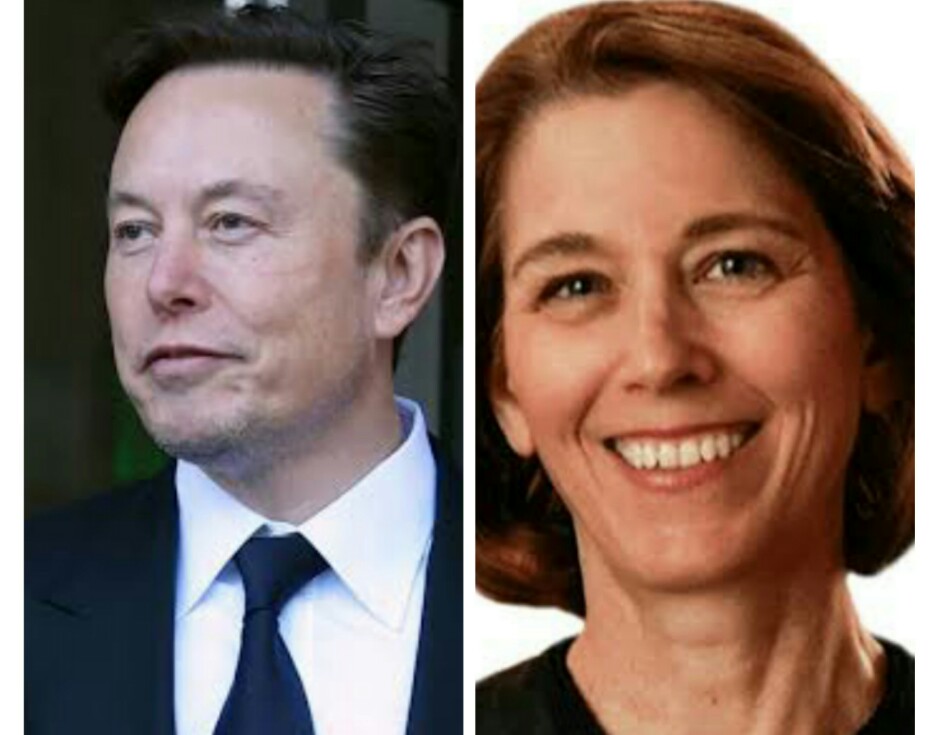In a critical Wisconsin Supreme Court election, Judge Susan Crawford’s victory over conservative Brad Schimel has established a 4-3 liberal majority on the court, representing a significant setback for the Republican Party. However, the race was marred by controversy, as tech billionaire Elon Musk made accusations of judicial corruption and polling stations faced logistical issues.
Musk, who is a prominent critic of progressive policies, invested millions into conservative PACs backing Schimel, portraying the election as a struggle against “the left’s long con to corrupt the judiciary.” Despite his substantial financial support, Crawford achieved a commanding victory, driven by strong voter turnout in urban areas and a coalition of grassroots groups supporting abortion rights and voting access. Musk subsequently reiterated his accusations, claiming a systemic bias in judicial appointments, although he offered no solid proof.
The election occurred alongside voter approval of a constitutional amendment requiring photo ID for Wisconsin elections—a measure that Republicans celebrate as a mechanism to prevent fraud but that Democrats condemn as a means of voter suppression. On Election Day, there were scattered reports of ballot shortages in Milwaukee and Dane counties, which led to emergency deliveries of additional ballots. While officials rejected claims of intentional interference, the occurrences sparked intense partisan blame.
Former President Barack Obama commented, congratulating Crawford and Wisconsin voters for selecting a candidate “who believes in the rule of law and protecting our freedoms.” His remarks highlighted the nationwide implications of the election, with progressives celebrating Crawford’s victory as a defensive measure against GOP attempts to restrict abortion and alter electoral maps.
Analysts suggest that Schimel’s defeat can be attributed to diminishing suburban support for Wisconsin Republicans and Crawford’s emphasis on upholding democratic principles. Musk’s substantial spending, while energizing the conservative base, was insufficient to counterbalance Schimel’s controversial history as a former state attorney general, particularly regarding his defense of Wisconsin’s pre-*Roe* abortion ban.
This outcome positions Wisconsin’s Supreme Court to make judgments on critical issues, including challenges to the state’s legislative districting and access to abortion. For Republicans, this loss serves as a cautionary tale: even well-financed campaigns can encounter challenges in battleground states where judicial independence has emerged as a rallying point for Democrats. As Musk’s accusations persist, the election highlights a widening gap regarding the role of the judiciary in American democracy—and the significant consequences of eroding public trust.








